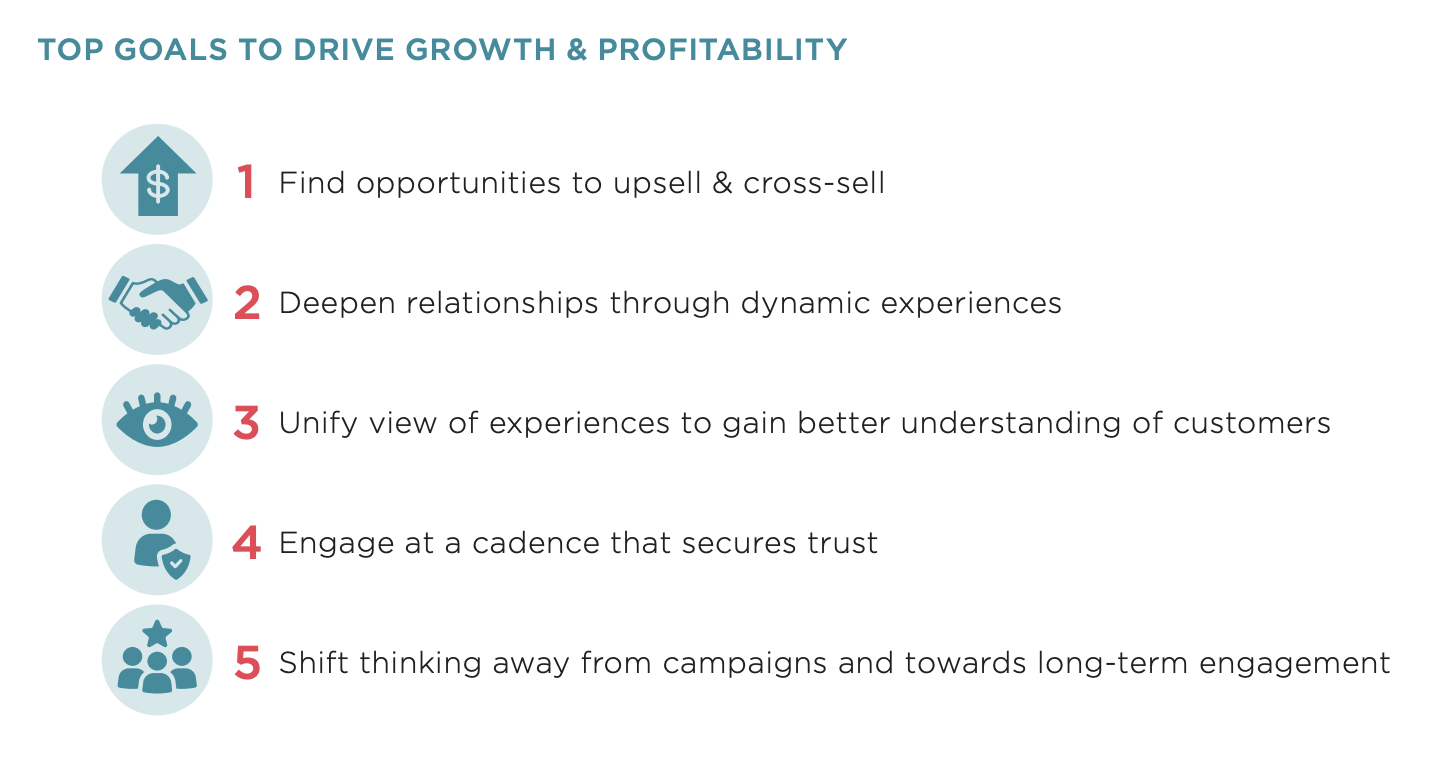It’s Nearly 2020 And Marketers’ Vision Is Still Not Perfect

Ok, ok I know… no one is perfect. Let’s get that right out of the way, shall we?
Now that that’s out of the way… It’s Nearly 2020 And Marketers’ Vision Is Still Not Perfect. There I said it, again. Sorry if I offend anyone but that was the only conclusion (pun included) I could arrive at after reading the results of recent CMO Council research.
The opening lines to the research executive summary says, well it says a lot:
“Consumers don’t care if your brand disappears. At least that is the case according to a recent study from Havas, which revealed consumers felt that 77 percent of brands could disappear, and no one would really care. To answer the obvious questions around apathy and the willingness to disconnect and forget, it makes sense to turn a lens on marketing’s own challenges with driving deeper bonds between brand and buyer. When the CMO Council asked marketing leaders to outline their greatest challenge in developing lasting (and profitable) relationships with their customers, they admitted that it wasn’t a skills gap or the acceleration of channel complexity holding relationships back. The challenge was remembering customers were actually people, not targets.”
Three-quarters of brands could just up and go away and no one would care.
Marketers need to be reminded that customers are in fact people and not numbers on a spreadsheet or database.
Seriously?
When 3/4 of brands could disappear and no one cared, that my friends is staggering.
Priorities Gone Awry
Take a look at the chart below which shows marketers’ priorities when it comes to driving growth and generating more profit.

Now, tell me what’s wrong with this picture? Do you see anything askew? Perhaps you don’t. Perhaps you see nothing wrong with the fact that marketers’ #1 priority is finding more and more ways to make more and more money, even at the expense of creating experiences that not only deepen but strengthen relationships.
If you are among those that do in fact see nothing wrong with this list of priorities, well you of course are entitled to your opinion. Just as I am entitled to say I feel sorry for you. And I wish you the best of luck in your next career.
I feel sorry for you because your priorities are flat-out wrong. And no this has nothing to do NOT making money, a profit. In fact it is the complete opposite for you don’t realize or didn’t notice the dynamic has shifted – it shifted a while ago truth be told.
If you were paying attention you would know the better your relationship with your customers; the better you engage with them; the better experiences you give them – personalized of course – the more they will stay loyal to you and in turn you won’t have to worry (as much) about up-selling and cross-selling because you will be making money hand over fist.
Relationships Rule
Not long ago, Mark Hurd, CEO of Oracle, passed away. While I never got to meet the man in person, I was in his company a few times in both large and smaller groups. Since his passing tributes have been pouring in. I want to share part of just one of these tributes as it is germane to this very topic.
A few days after his passing, one of his former colleagues Jeb Dasteel wrote In Memory of Mark Hurd, in which he shared some insights into the man as well as a few things he learned from him. These were the first two things Jeb shared re: what he learned from Hurd, see if you see you a pattern to what we just talked about:
- The best business you’ll ever do is built on relationships, trust, and reputation.
- Sustained customer relationships require thoughtful, systematic engagement.
Now, this was a man, Hurd, who was CEO of one of the largest companies on the planet. A very powerful, successful businessman who completely understood the power of relationships and the sustaining therein.
I am sorry I never met the man for it surely appears he was someone I would have had a lot in common with.
Final Thought
Back to the group of marketers who fall into “I don’t see anything wrong with prioritizing selling” group, allow me to share something with you that I wrote FIVE YEARS AGO, which in marketing-speak is akin to 50 years for how fast and how much has changed in just 60 months.
In April 2014 I penned a piece entitled Presenting The N.A.S. Marketing Doctrine. As for what N.A.S. stands for, I will cut right to the chase. It stands for Not Always Selling and the doctrine explains why it is not necessary for marketers to always try to sell something whenever they engage a consumer!
Read it. Adopt it. Live it.